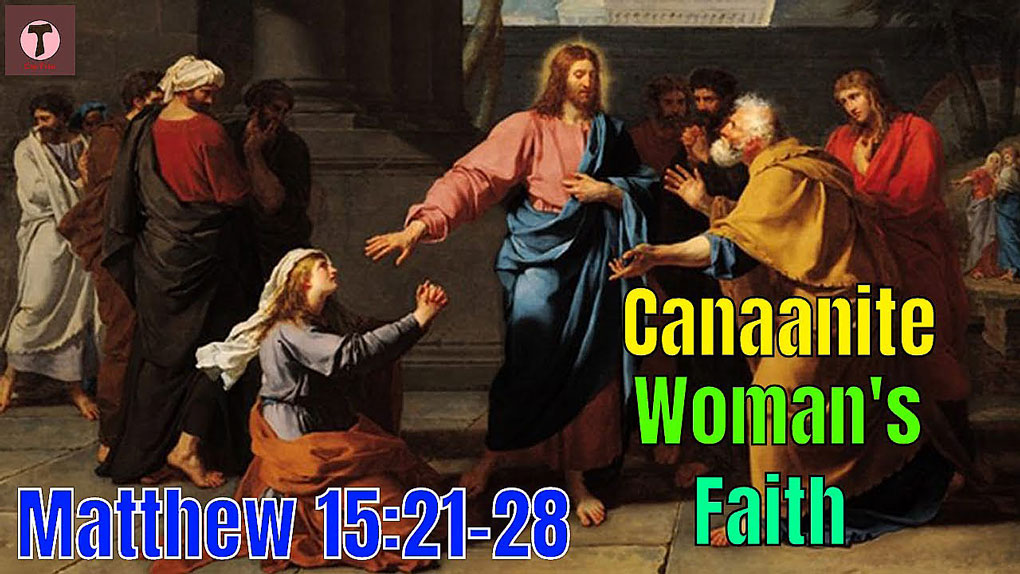
What is Pentecost?
Pentecost literally means “fiftieth day.” As a religious celebration, it first delineated the fifty days after Passover with a harvest festival. It was also a celebration of the giving of the Law at Mount Sinai, still celebrated in the Jewish tradition as Shavuot.
In the Christian tradition, Pentecost marks the end of the 50 Days of Easter. In Acts 2, the apostles and friends are gathered together in Jerusalem. Suddenly there is a great rushing of wind, and tongues of fire rest on each of the apostles. They begin to speak in different languages, and the crowds around them, Jews from across the diaspora, having come to Jerusalem for the Festival of Weeks, understand them, although some disparaged them as drunks. It was at this moment that Peter stood up and preached, revealing the will of God in Jesus Christ, as prophesied by Joel, and affirming a continual outpouring of the Holy Spirit upon repentance and baptism.
Why does Pentecost Matter?
There are at least three reasons to start with:
1. It marks the birthday of the church. Pentecost was a turning point. Before the rushing wind, the flames, and the speaking in tongues, the apostles were a group of followers who listened to Jesus and assisted as he helped those who came to him for healing and grace. Without Jesus, they were aimless and confused. After the Holy Spirit enters that room, after Peter preaches repentance and baptism, they no longer look inward. The end of Acts 2 records that they devoted themselves to the teaching and to fellowship, they performed wonders and signs, they gave to others in need…and the Lord added to their number daily those who were saved.
The Holy Spirit gave the disciples direction and power to form the Christian community, which would become “the church.” So, Pentecost is a birthday, and some churches today celebrate with cake!
2. Pentecost completes the Trinity. Christian theology is grounded in a doctrine of three in one, and Christians often pray in the “name of the Father, the Son, and the Holy Spirit.” Pentecost was the first and definitive moment in which we can say that the Father sent the Holy Spirit to make the Son present. No Pentecost, no Trinity.
3. Jesus kept his promise. In Matthew 28:20 Jesus told his followers, “I will be with you always, even until the end of the age.” He promptly ascended and was seen no more. What gives? Well, in John 15:26 he says, “I will send you the Advocate-the Spirit of truth. He will come to you from the Father and will testify all about me” (NLT). The point is: Jesus is present through the Holy Spirit. Pentecost marks the fulfillment of Christ’s promised presence.
from buildfaith.org
Pentecost – The quick version
Click here or on the picture above
Pentecost People at St. Peter’s, 2011-2015
St. Peter’s Holy Spirit at Pentecost
A St. Peter’s tradition








